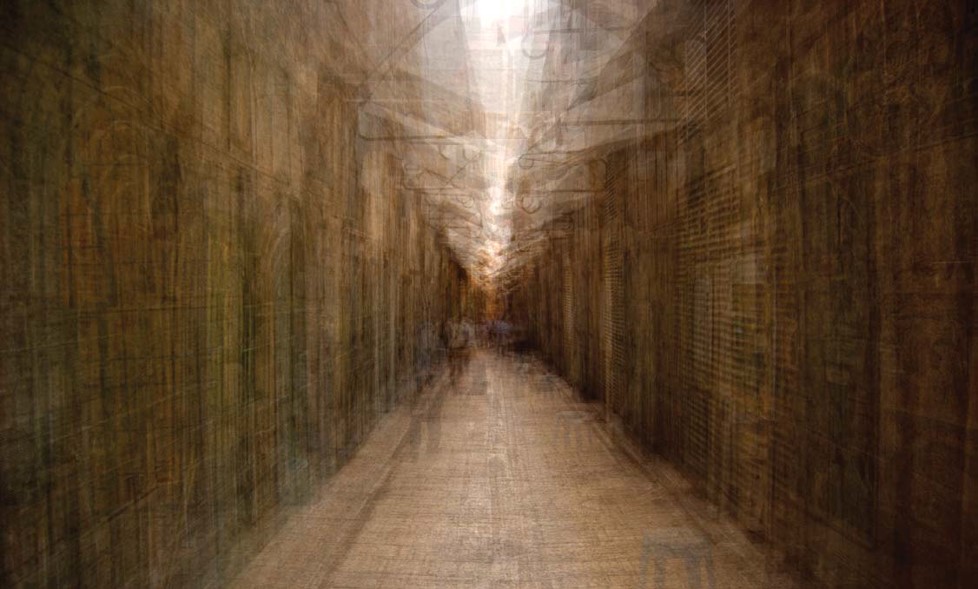
Selected Topics in History and Theory of Urban Design: Global Urbanisms
URD1200H S
Instructor: David Lieberman
Meeting Section: L0101
Friday, 9:00 - 12:00pm
The seminar arises from a series of pre conditions or assumptions, conditions that welcome challenge and are set as provocations to speculative thought:
- The necessity of cities is the necessity of a place in which to exchange ideas.
- In the age of the Anthropocene, we are confronted with increased urbanization, environmental and climatic changes that demand an active responsibility of invention and innovation beyond sustainability considering resilience as an opportunity for the new and unprecedented, rather than a return to that which we think we know or knew.
- The distinctions of public and private and the conventional accepted borders, boundaries, and conditions in terms of property ownership, occupancy, and tenancy are no longer valid for the individual, the community, the region, and the nation. It is a global economy and a global challenge.
- The spaces of the City are the spaces of the individual, spaces of intimacy, solace, and refuge and the spaces of the collective, spaces of gathering and of congregation.
The study of urban design and the development of strategies and policies has been prioritized by Western thought, rooted in the traditions of European models and crystallized and or formalized through American scholarly discourse. The seminar will interrogate late twentieth century urban critiques through the intellectual philosophers of French thought including Henri LeFebvre, Jacques Ranciere, and Paul Virilio furthered by the more recent works of American scholars Frederic Jameson, Saskia Sassen, David Harvey, Wendy Brown, and Judith Butler.
Gender, ethnicity, and cultural traditions suggest that a global discourse will evolve a set of spatial understandings unlike that which we have come to accept as familiar. In seeking the utopian and the constructed landscapes of cities of possible futures, kunstlandschaften, we must look to science and to fiction, cognisant of the history of many cultures from disparate parts of the world, parts unfamiliar and unknowing of each other’s social morays and spatial distinctions, and traditions of space making to make possible varieties of engagement and collective political action. Formal and informal settlements, historical and emerging urbanisms will be considered.
Films will be used as the lens to appreciate, investigate and engage different cultures. Arguably, the twenty first century is a post cinematic culture in which we most effectively learn from the cacophonous barrage of light and sound, and of constant movement at different speeds. It is the conditions of abrasion and friction that create moments of pause rather than stasis. Invited guests will present cities and traditions from around the world.
The critical discussions of seminar will arise from the films and film clips, and from the guests’ presentations. In the first couple of weeks, subject to enrolment, the assignment for the term will be agreed upon: a paper including both written and visual texts clearly identifying the compositional strategies and conceptual underpinnings of a selected, preferably non European, ethnic or cultural tradition; alternately, to take a City such as Beirut and to as a group, appreciate the layers of history and of conflict over 3500 years of change and of difference as a model for reference and a site for an as yet unprecedented urbanism.

